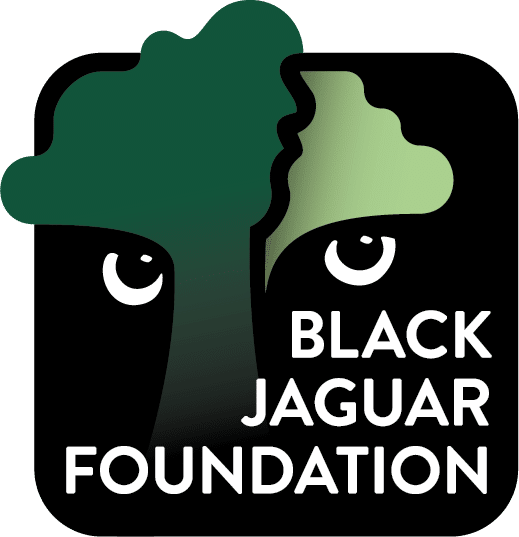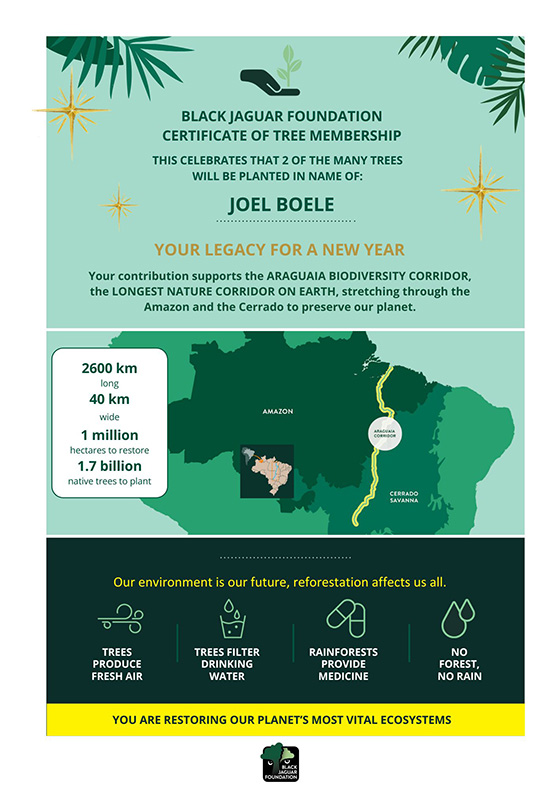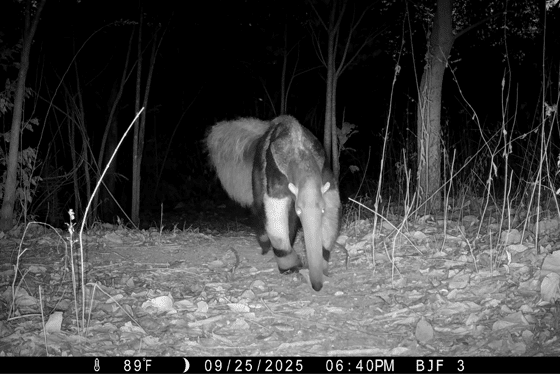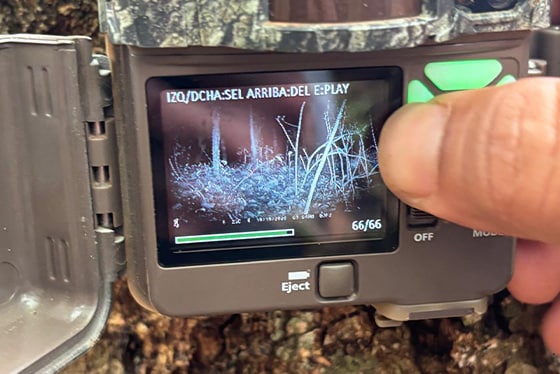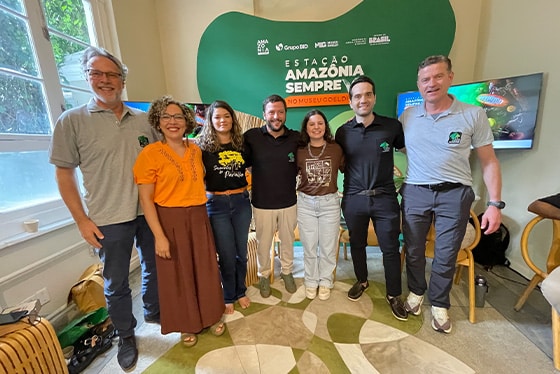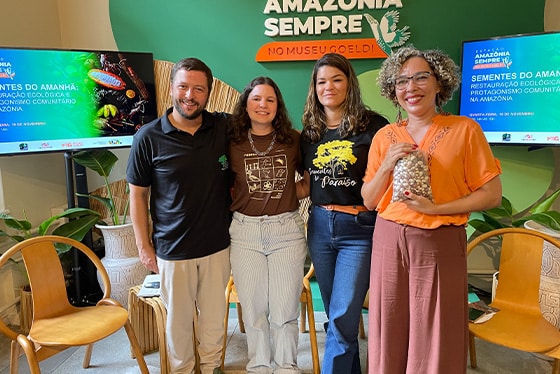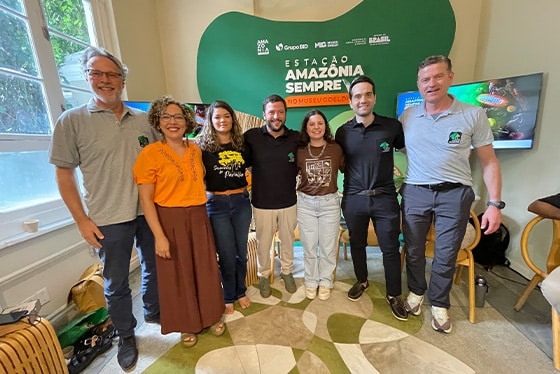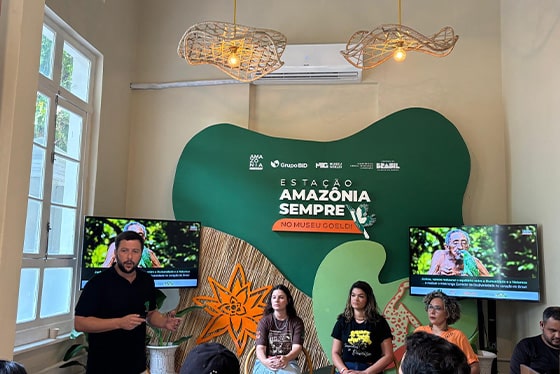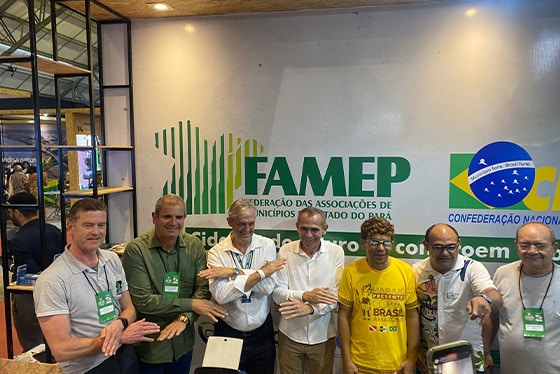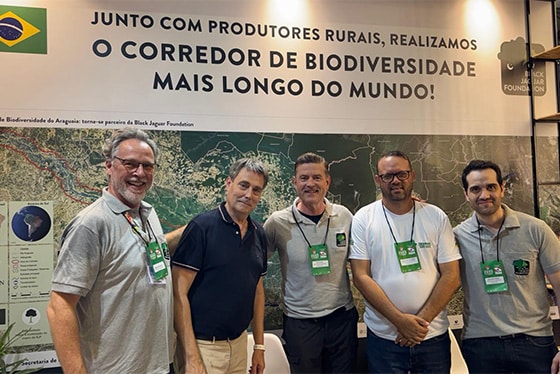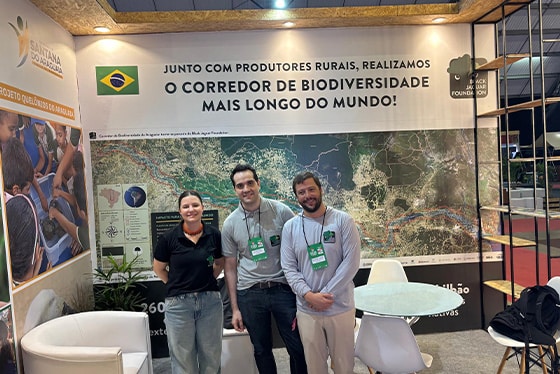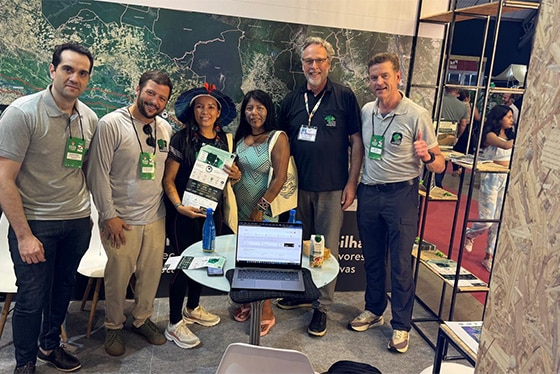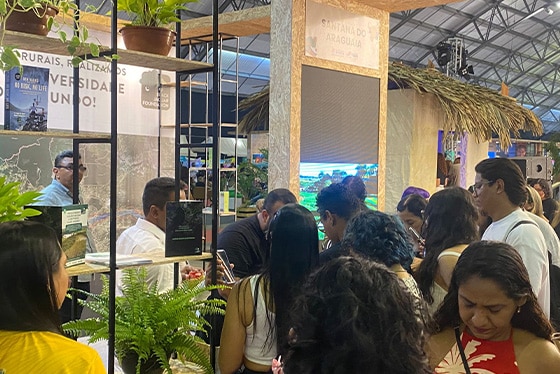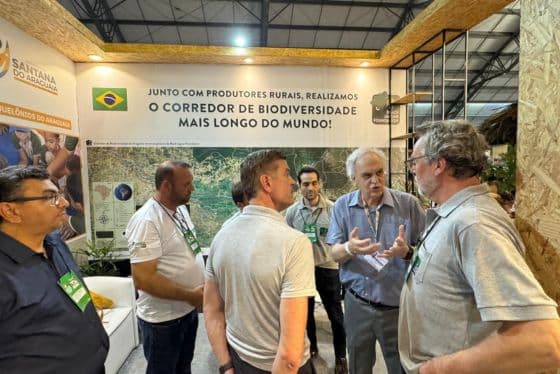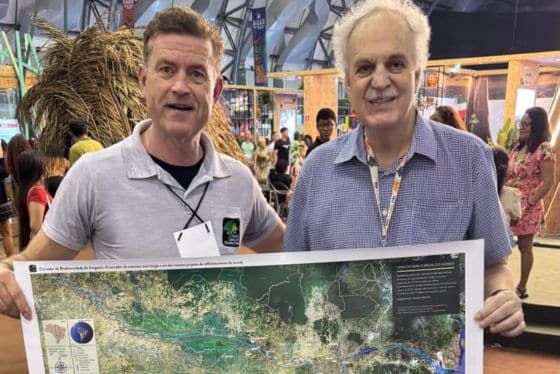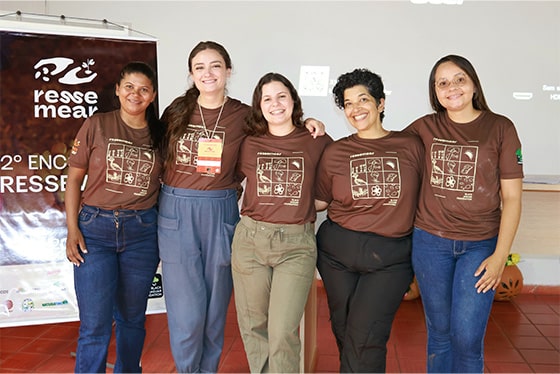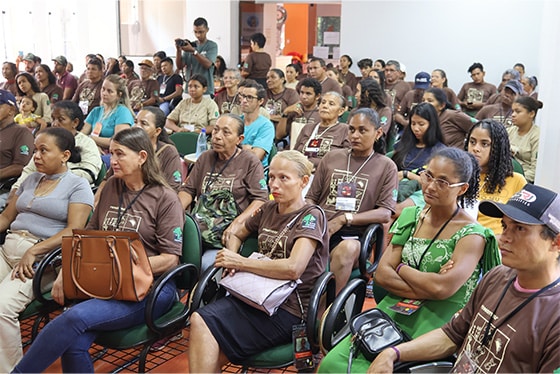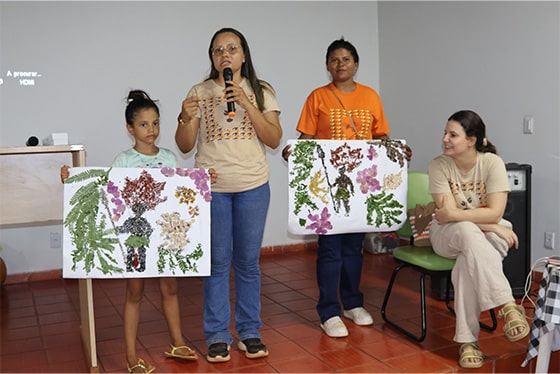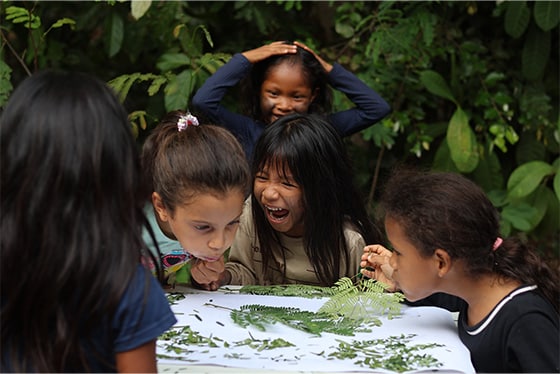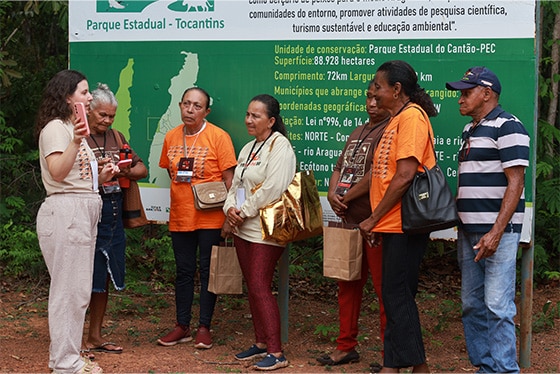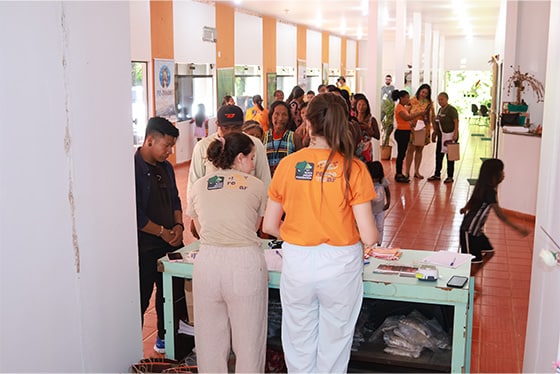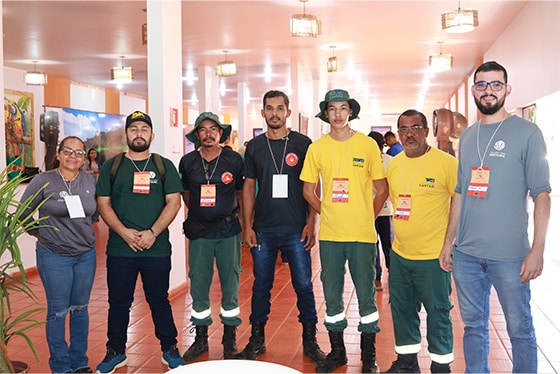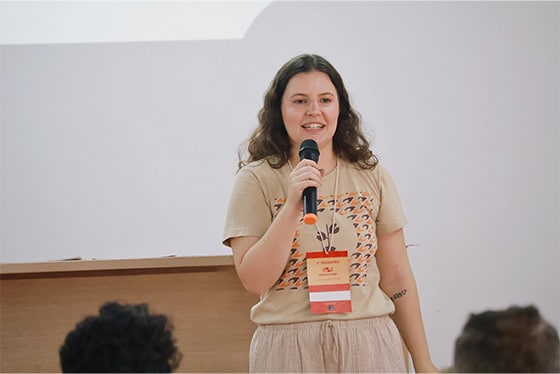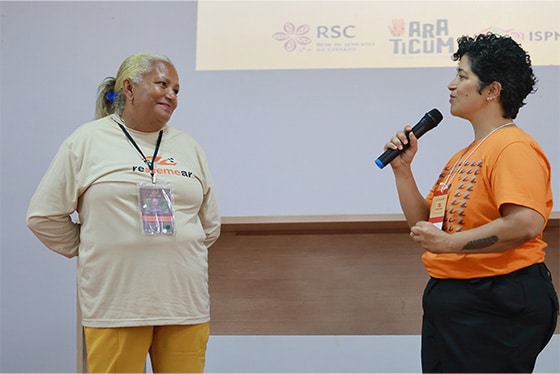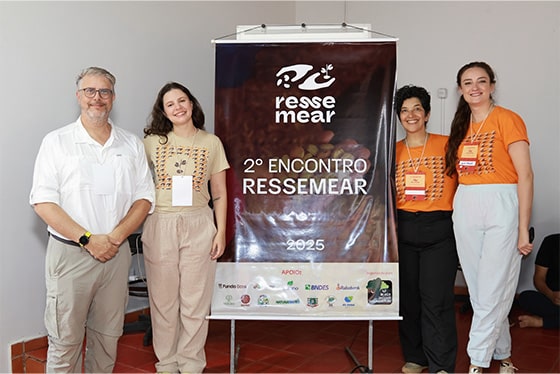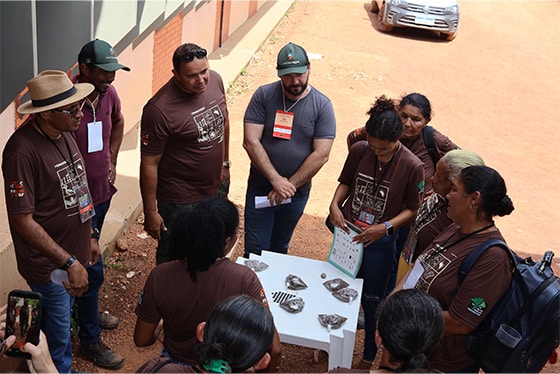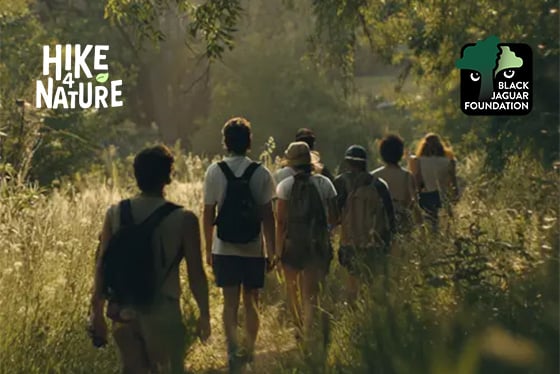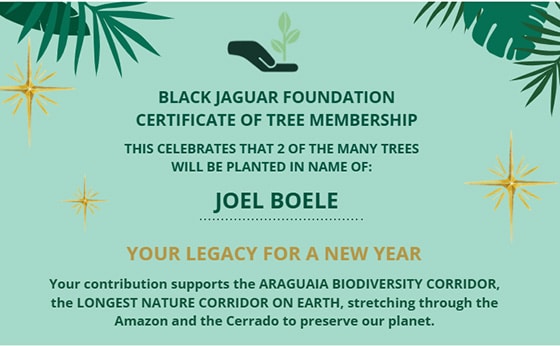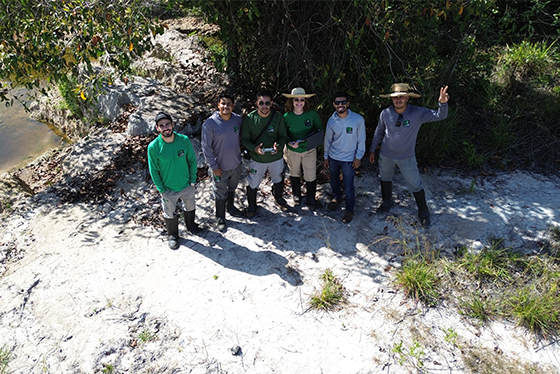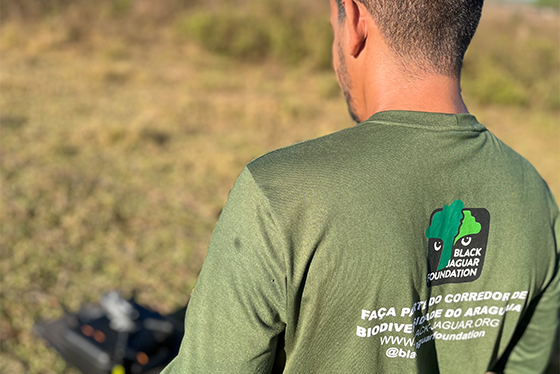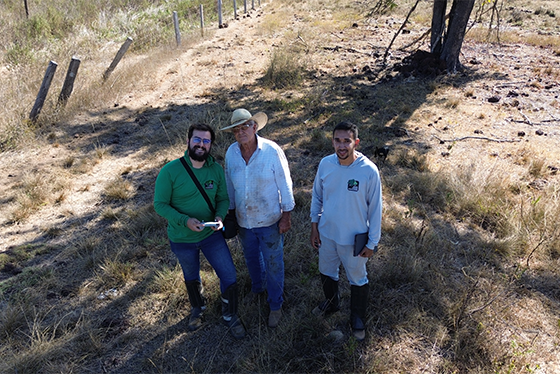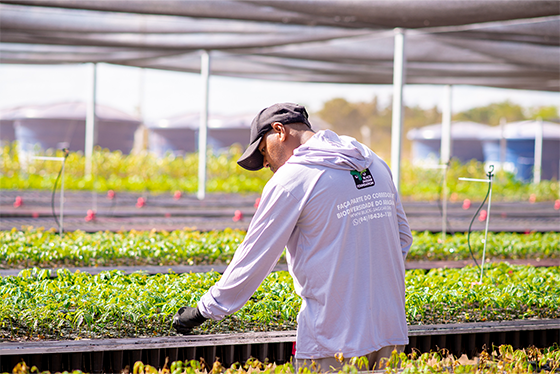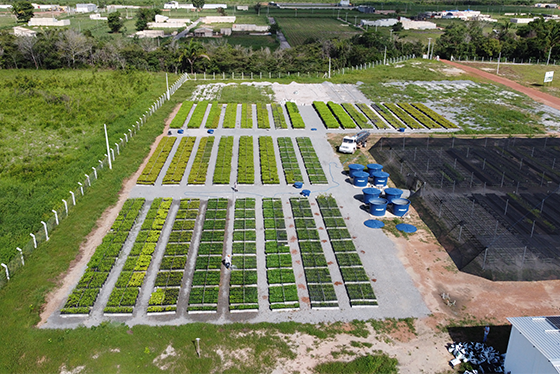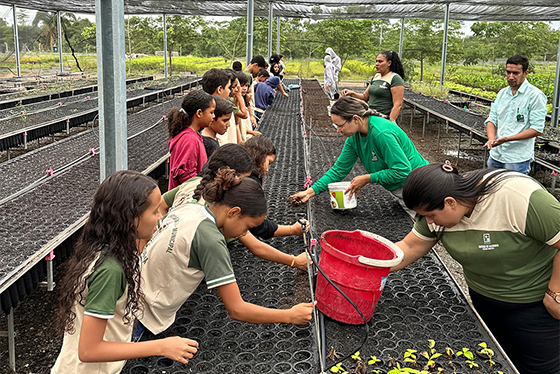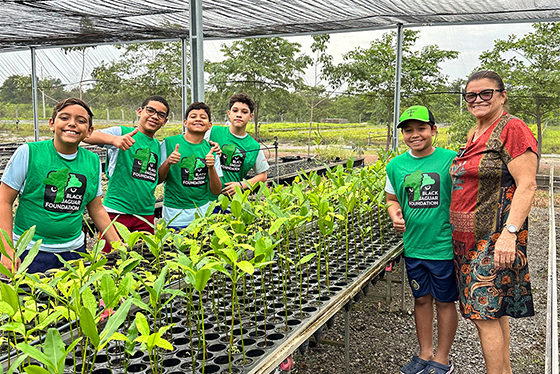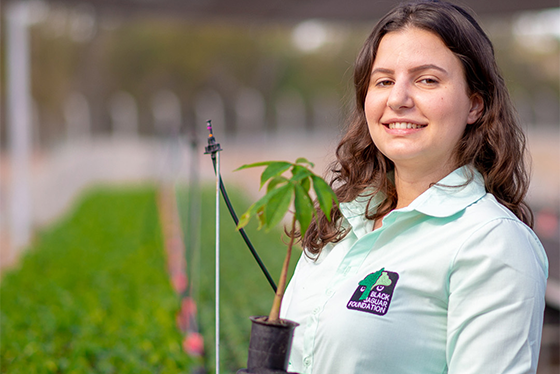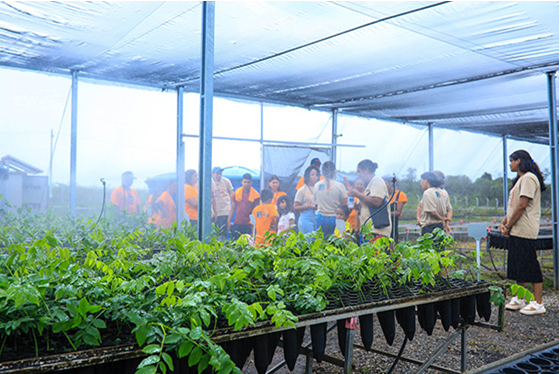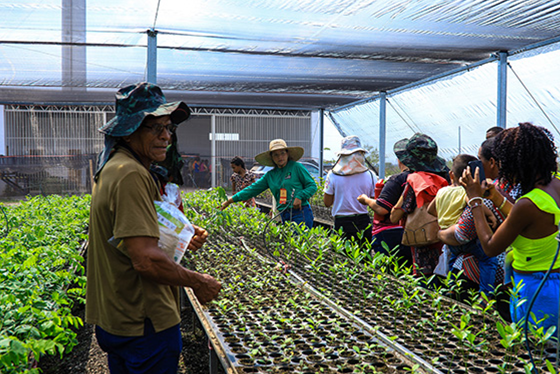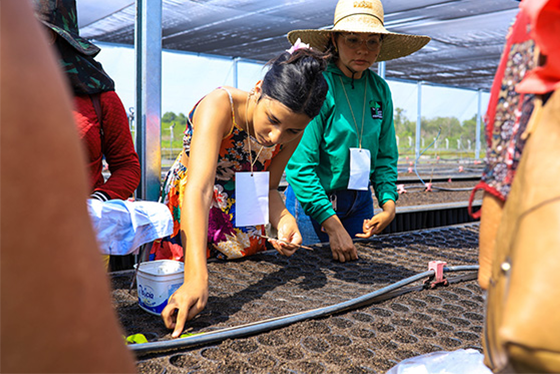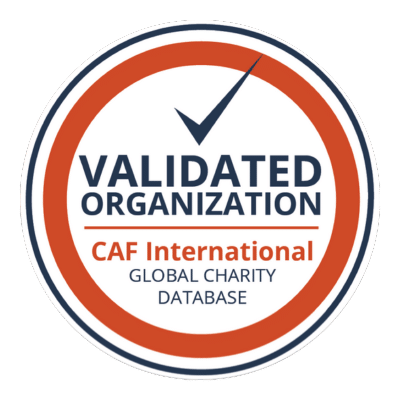Hike4Nature was born from the desire to transform a great adventure into a global movement for nature.
In June 2026, an extraordinary journey begins: Hike4Nature, a 2,600-kilometer hike from Amsterdam to Lisbon in support of the restoration of the Araguaia Biodiversity Corridor in Brazil.
More than an expedition, Hike4Nature is a movement open to everyone who believes in the power of collective action. The route’s distance was chosen to represent the real length of the Araguaia Corridor, which connects the Cerrado and Amazon biomes – a symbolic crossing between two continents, uniting people around a common purpose: restoring life.
The hike will begin in June 2026, departing from Amsterdam and crossing five European Countries — the Netherlands, Belgium, France, Spain, and Portugal — until reaching Lisbon the end of October 2026. Along the way, participants will pass through forests, villages, mountains, trails, and much more.
The most inspiring part is that anyone can join. You don’t have to walk the entire route — you can choose one or more days to participate. With an average of 25 km per day, participants can connect with nature, meet new people, and support a global cause.
Upon registering, each participant creates their own fundraising page to support the reforestation of Amazon and Cerrado. A portion of the registration fee already counts as the first donation, and the remaining amount can be raised with help from family, friends, and colleagues. The collective goal is to raise €100,000, which will be directed entirely to the Black Jaguar Foundation’s restoration efforts.
Hike4Nature works with an experienced travel agent. She is happy to assist you with practical tips or, if you prefer, can take care of all arrangements for you.
This allows each participant to enjoy the path with peace of mind and purpose — walking through nature, inspiring change, and supporting the restoration of the Araguaia.
You can also start your own hiking campaign!Whether you walk for a single day or spend weeks on a trail, every step brings us closer to a greener planet.
It doesn’t matter where you walk and how many kilometers you cover, every step counts
Register, hike, and be part of this journey.


